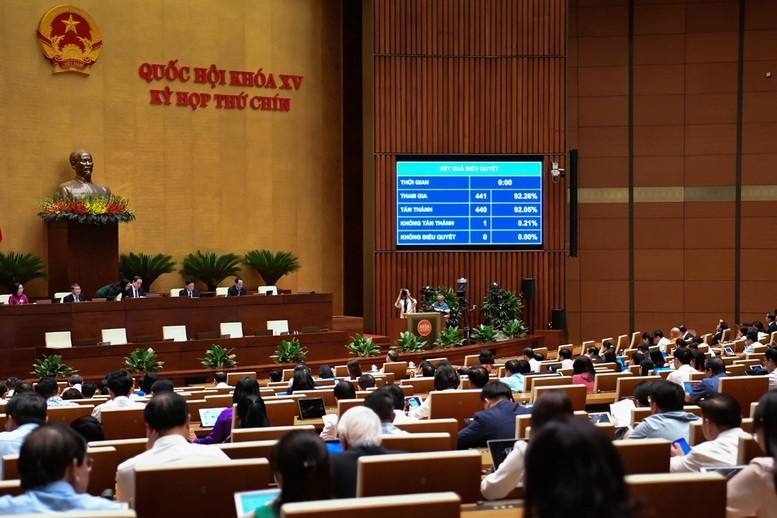
The National Assembly voted to pass a Resolution on tuition exemption and support for preschool children, high school students, and those studying general education programs at educational institutions in the national education system. Photo: National Assembly
This is a major step forward in social justice policy, marking the remarkable maturity of the political system in empowering development for all Vietnamese children.
In less than a year, from the time the policy idea was initiated by General Secretary To Lam at the National Assembly session at the end of 2024, to when the Politburo issued the policy and the National Assembly passed the Resolution, this policy has become a reality. What created such an unprecedented speed of decision-making? And why is this policy of special significance in the current national development process?
Thinking of caring for people from the root
In a group discussion session at the National Assembly at the end of 2024, General Secretary To Lam gave a strong, concise but profound message: "Moving forward, the state will abolish tuition fees and support school-age children. Progress must be like that!" No flowery, no formality - this is a call stemming from a strategic vision and concern for the development of Vietnam's young generation.
That message places education not only as the "top national policy", but also as the top responsibility of the State towards future generations. And more importantly, the General Secretary did not just raise the issue - he also breathed into it a will to act, so that the entire political system could join in, turning a humane wish into a policy reality.
When acting for the people is an order
Following the General Secretary's speech, the Politburo met and agreed on the policy at the end of February 2025. Just four months later, on June 26, 2025, the National Assembly officially passed the Resolution.
This is an unprecedented speed for a policy with nationwide reach, affecting nearly 20 million students and tens of millions of households. The speed is no coincidence. It reflects a political system reformed for effective action, where orders from the top can be quickly translated into coordinated legislative and administrative action.
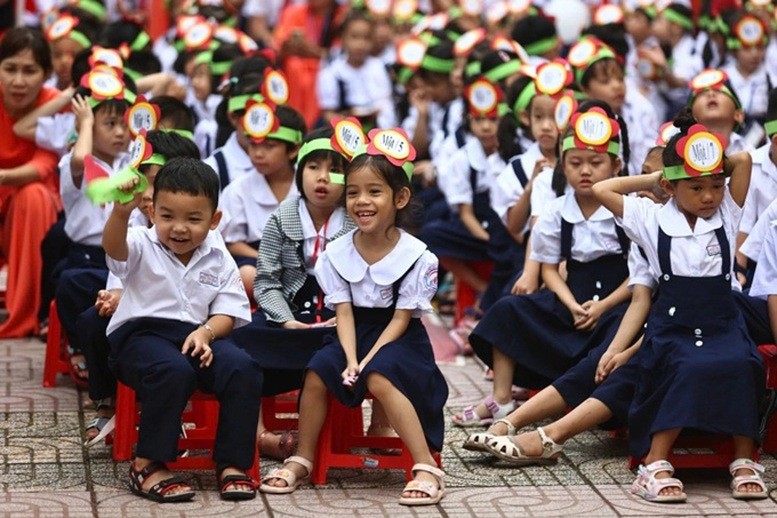
Tuition exemption and support is a clear affirmation that investment in education is investment in sustainable development.
Thanks to the streamlined apparatus, there are resources to implement policies.
The inevitable question is: where are the resources to implement such a widespread policy? In reality, the merger of intermediary agencies, streamlining of intermediary levels such as districts, salary reform, and spending contracts have created new fiscal space - from which the budget has shifted towards reducing expenditure on the apparatus - increasing expenditure on human capacity.
Prioritizing resources for education, especially for students and families, represents an important shift in thinking: cutting where there is little added value, to invest where there is long-term growth value.
The great significance of tuition exemption and support policy
This policy of exempting and supporting tuition fees for high school students is not just a financial measure, but a systematic and strategic development choice. Deep within it are broad layers of meaning, ranging from education, society, public trust to the future of the nation.
First of all, in terms of education, this is an important step towards the realization of universal education in a real way. There will no longer be a situation where students have to drop out of school just because they cannot afford the tuition fee – a seemingly small barrier but one that can disrupt a child’s journey to adulthood.
As Prime Minister Pham Minh Chinh has repeatedly emphasized, it is necessary to ensure equal access to education for everyone, especially in remote, border and island areas, ethnic minority areas, the poor, and vulnerable groups.
For ethnic minority students, students from remote areas or students with disabilities – the most vulnerable groups – this policy opens the door to more equitable access to knowledge. At the same time, when non-public students are supported at a level equivalent to public tuition fees, private schools also have the conditions to reduce tuition fees, improve quality and develop sustainably – thereby contributing to enriching and diversifying the national education system.
Socially, this policy directly reduces the financial burden on millions of households, especially poor, near-poor and manual laborers. In the context of many economic difficulties, this is a timely support, helping families stabilize their lives and confidently invest in their children's future.
Not only that, the policy also contributes to narrowing the social gap between population groups, when educational rights are guaranteed equally, regardless of public or private schools. In the long term, when the cost of education decreases, people's purchasing power increases, leading to the recovery of domestic consumption - an important driving force for sustainable economic growth.
In terms of public trust, this policy is a vivid demonstration of a government that listens and acts. People not only see the policy being enacted quickly, but also feel that the government is truly putting the interests of their children at the center of policy making. In a context where society has high expectations for institutional reform and improving the quality of life, the government's proactive sharing of the burden of education is a strong signal: the government is close to the people, for the people, and acting for the people's future.
Finally, in terms of national strategy, free and subsidized tuition is a clear affirmation that investing in education is investing in sustainable development. A knowledge society, a digital economy, a generation of global citizens – all start with equitable and quality education. When every child has the right to school, the right to learn and the right to develop, the country is building competitiveness from the root – from the people.
Action for the future
Tuition exemption and support is not just a socio-economic policy. It is a development choice with a long-term vision, a step forward in thinking about the role of a constructive and people-oriented State. In that choice, we clearly see consensus from top to bottom, from leaders to legislative and executive agencies, and more broadly – from the people.
We are on the right track: using institutions to unleash resources; using resources to invest in people; and using people to create the future.
With this policy, we are not just freeing tuition. We are unleashing the potential of millions of students. We are empowering hope for poor families. We are sowing the best seeds for tomorrow.
Because a nation is only truly strong when every child – no matter where they are born or what school they attend – has the same opportunity to grow up with knowledge, faith and the companionship of a State that knows how to act.
Source: https://baolaocai.vn/mien-hoc-phi-menh-lenh-vi-dan-vi-tuong-lai-post404039.html




![[Photo] Multi-colored cultural space at the Exhibition "80 years of the journey of Independence - Freedom - Happiness"](https://vphoto.vietnam.vn/thumb/1200x675/vietnam/resource/IMAGE/2025/8/26/fe69de34803e4ac1bf88ce49813d95d8)


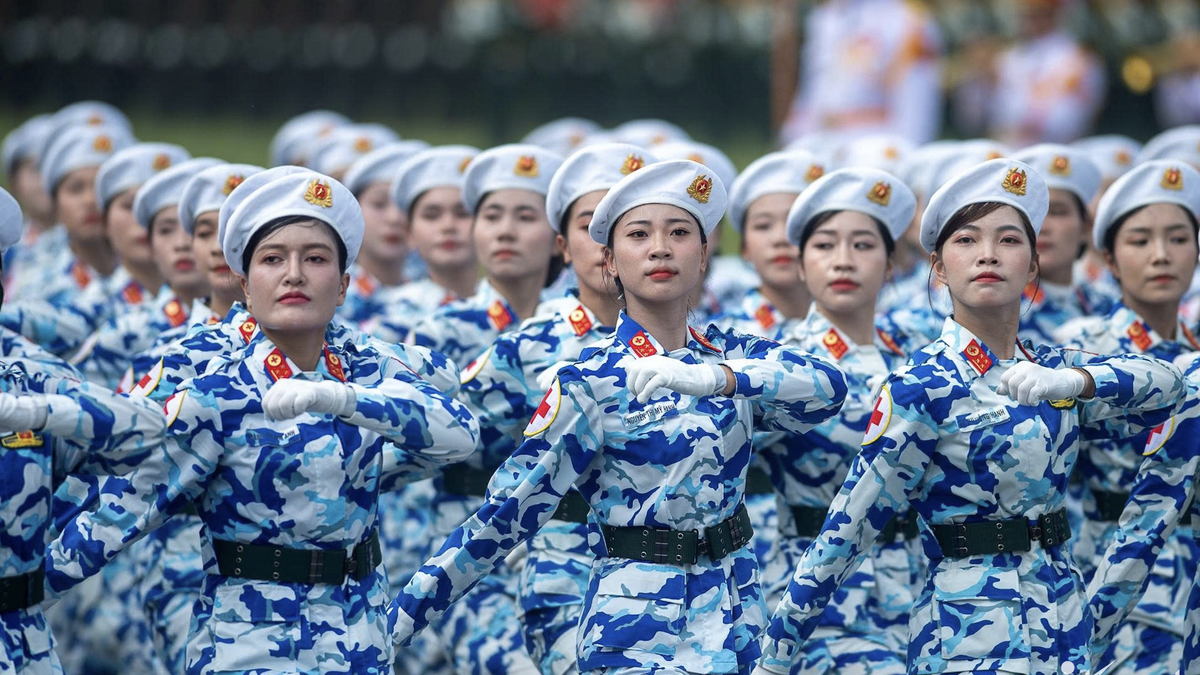
![[Photo] Hanoi: Authorities work hard to overcome the effects of heavy rain](https://vphoto.vietnam.vn/thumb/1200x675/vietnam/resource/IMAGE/2025/8/26/380f98ee36a34e62a9b7894b020112a8)


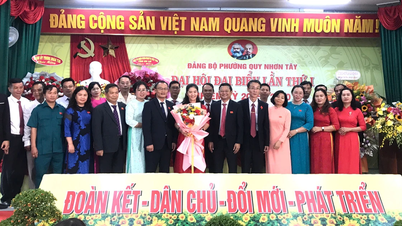

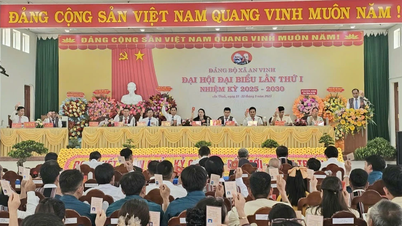






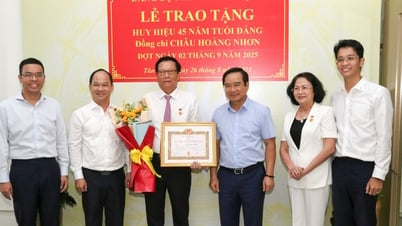

















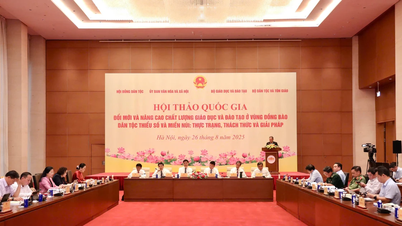

































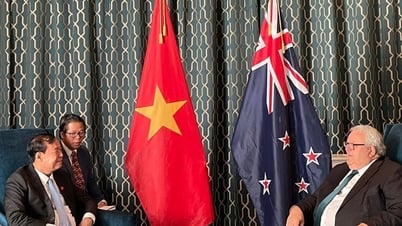





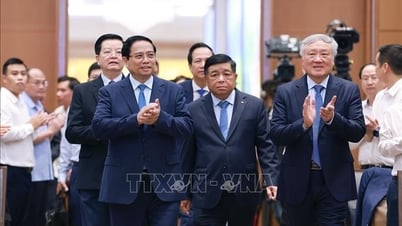






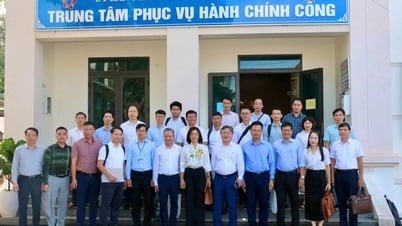
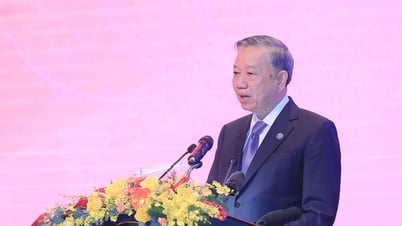





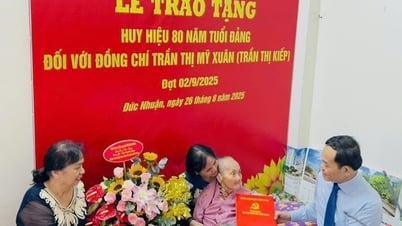








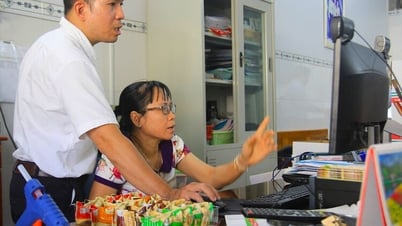








Comment (0)